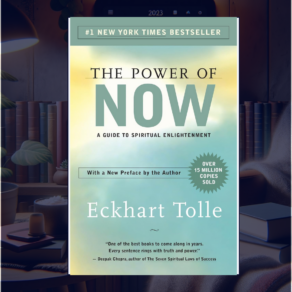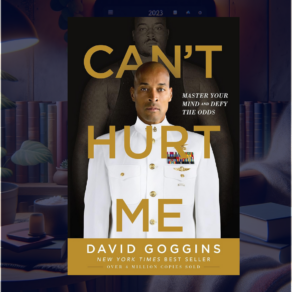“The Emperor of All Maladies” by Siddhartha Mukherjee is a masterful exploration into the world of cancer, from the perspective of a devoted physician, a diligent researcher, and a skilled storyteller. As someone navigating the bleak landscape of a loved one’s serious illness, this book offered a blend of history, science, and humanity that shed light on my understanding of disease and death.
Mukherjee delves into the annals of history to narrate the saga of cancer, a formidable foe that humanity has battled for over five thousand years. With the meticulous precision of a cellular biologist and the panoramic vision of a historian, he brings to life the journey of cancer from ancient times to the present day.
The narrative of cancer is far from linear; it is marked by periods of dazzling progress and devastating setbacks. Mukherjee traces this journey with palpable respect and admiration for the human spirit – the ingenuity, resilience, and determination that fueled the ceaseless quest to conquer this “emperor of all maladies”. Yet, he also acknowledges the shadows that have marred this pursuit – the hubris, paternalism, and misconceptions that have sometimes led us astray.
Three decades ago, a “war against cancer” was declared with the hope of a swift and total victory. But as Mukherjee explains, the adversary proved to be more resilient and complex than imagined. And thus, the book unfolds like a literary thriller, with cancer occupying the paradoxical roles of protagonist and antagonist.
But “The Emperor of All Maladies” is not just a chronicle of the past; it provides a compelling glimpse into the future of cancer treatments. It offers a beacon of hope and clarity to those seeking to understand this enigmatic disease better. Amid the whirlwind of my mom’s medical crisis, this book served as a source of knowledge, comfort, and resilience – a testament to the power of medical narratives in personal healing.
The Emperor of All Maladies Book Club Questions
Here are some book club questions for “The Emperor of All Maladies” by Siddhartha Mukherjee:
- Mukherjee describes cancer as the “emperor of all maladies.” How does this metaphor shape the way we understand the disease and its impact on human history?
- What did you learn about the history and evolution of cancer and its treatment that you didn’t know before?
- Mukherjee weaves together scientific research with personal stories of cancer patients. How do these narratives contribute to your understanding of the human impact of the disease?
- How has Mukherjee’s account altered or confirmed your perspective on cancer, its treatment, and the medical profession?
- In the book, Mukherjee presents a history filled with both advancements and setbacks. How does this balance affect your outlook on the future of cancer research and treatment?
- How did Mukherjee’s role as a physician, researcher, and writer influence his approach to telling the story of cancer?
- “The Emperor of All Maladies” is considered a “biography” of cancer. How did this perspective influence your understanding of the disease?
- The book discusses the “war on cancer” that was declared decades ago. Do you think this is the right metaphor for the fight against cancer?
- How does Mukherjee address the hope and despair experienced by patients, physicians, and researchers in the face of this disease?
- In what ways does the book connect with your personal experiences or those of people you know who have battled cancer?
I hope you find the The Emperor of All Maladies summary helpful!







